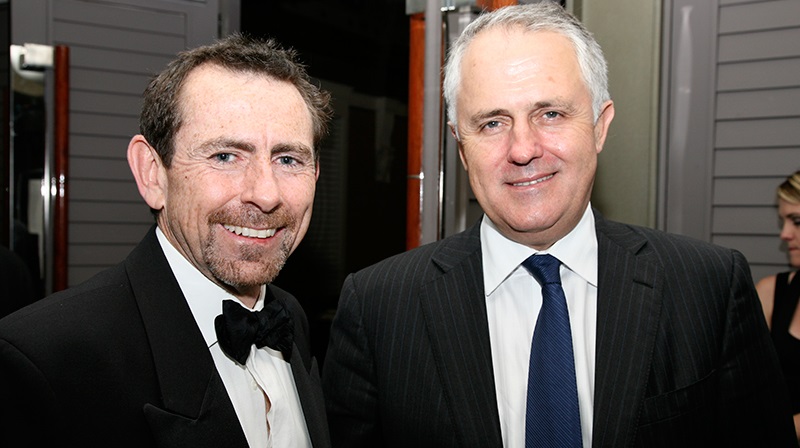Large companies must invest in smaller fast growth companies for Australia to become a global competitor in innovation, according to one expert.
Nick Abrahams, APAC Innovation Practice Leader for global law firm Norton Rose Fulbright, and author of recently released book Digital Disruption in Australia, said companies to engage in an “innovation dating game” to find the right partner.
“We now live in a very connected world and the reality is, it is very hard to innovate by yourself,” he said. “People used to innovate alone, and you still can. But the reality is you’ve got to be good at it, and it takes a lot of drive from the top.”
This hyper-connectivity is leading to unprecedented marriages, with industries being brought together that previously would not have had to work with one another, such as banks and data platforms.
Speaking at the inaugural CIO Roundtable Lunch for ACS’ NSW branch in Sydney, Abrahams said he looked at the number of deals involving large companies taking a minority stake in fast growing companies within the Australian tech sector.
The results? A staggering increase from less than 20 such deals in 2012 to more than 90 in 2016. This is because large companies struggle to innovate by themselves at the pace required today, according to Abrahams.
Abrahams cited consumer product company Proctor & Gamble as a prime example, who have doubled their innovation output in the last five years while reducing research and development costs, thanks to a strong collaborative focus.
“The arguments are mounting that collaborative innovation is faster and more effective.”
Choosing your partner
Abrahams revealed that at least 50% of corporate acquisitions do not deliver on expectations.
But the potential that can be reached from partnering makes this a high-risk with high reward process, placing significant importance on finding a strong cultural match to create the perfect “marriage.”
“The problem with large companies investing in an early stage company is there’s a cultural misalignment. Large companies have great processes, great governance and that’s all terrific,” he said. “But start-ups have founders. So, you can see this big mismatch. Culturally, it’s just never going to work.
“If you do want to partner, the first thing you have to think about as an organisation is that not many good start-ups will want to work with you, because the reality is most big organisations that aren’t well-tuned with working with start-ups will kill you.”
Large corporationa must therefore make themselves attractive to fast growth companies by showing they have an innovation-friendly culture.
A cultural problem
Citing the struggling Australian innovation sector, Abrahams explained collaborative innovation is required for global market leadership.
According to Abrahams, it has only been the in last 10 years, when technology has started to disrupt businesses, that Australia has started to look to innovation. And even with this critical need, we still rate lowly on lists of most innovative countries.
“Can Australia innovate? The reality is culturally we do not have a strong sector of innovation. Australia has a cultural issue with innovation.
“Why do we innovate? It’s because we want market leadership. Everybody wants market leadership. Do you want to be number one or do you want to trail the pack?” Abrahams said.
Guests at the lunch were able to network and discuss innovation amongst themselves, in relation to topics such as data analytics, digital agriculture and healthcare.
The next CIO Roundtable Lunch will take place in July. Interested CIOs should contact ACS, NSW State Manager Roch van Delft.










